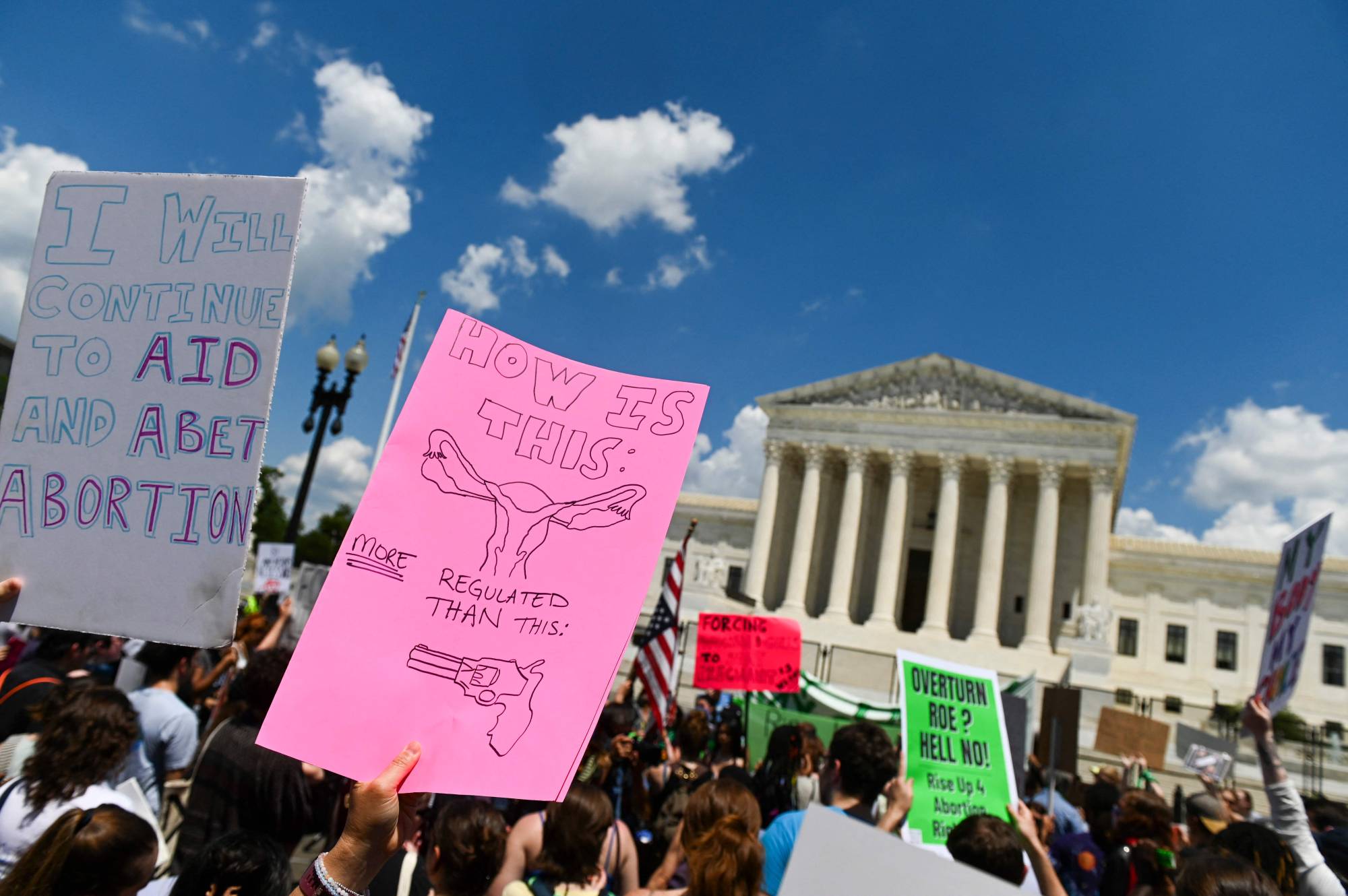Every woman should have the legal right safely to terminate a pregnancy that she does not wish to continue, at least until the very late stage of pregnancy when the fetus may be sufficiently developed to feel pain.
That has been my firm view since I began thinking about the topic as an undergraduate in the 1960s. None of the extensive reading, writing and debating I have subsequently done on the topic has given me sufficient reason to change my mind.
Yet I find it hard to disagree with the central line of reasoning of the majority of the U.S. Supreme Court in Dobbs v. Jackson Women’s Health Organization, the decision overturning Roe v. Wade, the landmark 1973 case that established a constitutional right to abortion. This reasoning begins with the indisputable fact that the U.S. Constitution makes no reference to abortion, and the possibly disputable, but still very reasonable, claim that the right to abortion is also not implicit in any constitutional provision, including the due process clause of the 14th Amendment.


















With your current subscription plan you can comment on stories. However, before writing your first comment, please create a display name in the Profile section of your subscriber account page.